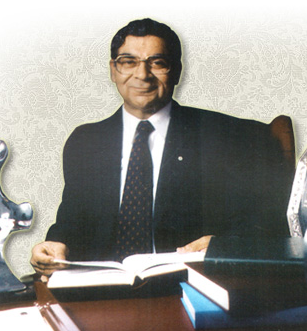

Did that headline make sense? It isn’t really supposed to – it’s a sum-up of a recent satirical paper by Columbia statistician Andrew Gelman and Jonathan Falk of NERA Economic Consulting, entitled “NO TRUMP!: A statistical exercise in priming.” The paper – which they are presenting today during the International Conference on Machine Learning in New York City – estimates the effect of the Donald Trump candidacy on the use of no wild cards (known as trump cards) in the game of bridge. But, as they told us in an interview, the paper is about more than just that.
Retraction Watch: You have a remarkable hypothesis: “Many studies have demonstrated that people can be unconsciously goaded into different behavior through subtle psychological priming. We investigate the effect of the prospect of a Donald Trump presidency on the behavior of the top level of American bridge players.” Can you briefly explain your methodology, results and conclusions? Continue reading Trump vs. trump: Does the candidate affect the use of trump cards in Bridge?
 JAMA has decided not to retract an article about
JAMA has decided not to retract an article about 


 Misconduct by a chemist at a Colorado lab run by the U.S. Geological Survey (USGS) has
Misconduct by a chemist at a Colorado lab run by the U.S. Geological Survey (USGS) has 
 The Leiden University Medical Center (LUMC) has asked a journal to retract two papers after revealing a former employee manipulated data.
The Leiden University Medical Center (LUMC) has asked a journal to retract two papers after revealing a former employee manipulated data. A U.S. judge has denied a virology researcher’s third attempt to overturn a seven-year debarment from receiving federal funds, following a 2010 decision by the U.S. Office of Research Integrity.
A U.S. judge has denied a virology researcher’s third attempt to overturn a seven-year debarment from receiving federal funds, following a 2010 decision by the U.S. Office of Research Integrity.